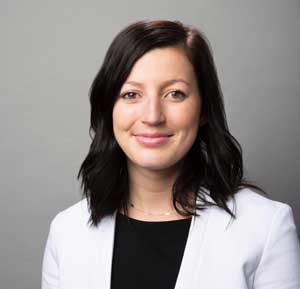Older adults are increasing in number in our Emergency Department (ED). Their needs are complex and difficult to meet without the proper setting and training. This is why many of us will sigh when we see “89 F presenting with general weakness”. This course will resolve many of your questions, and give you clinical tips and tools to change your approach to the geriatric patient in the ED. Our main objective is that each participant will become a better equipped clinician and a positive leader for a population that once took care of all of us. It is our turn to give them back what they deserve: the best care.
The Geriatric EM video program provides you with 10 video modules to watch at your leisure.


